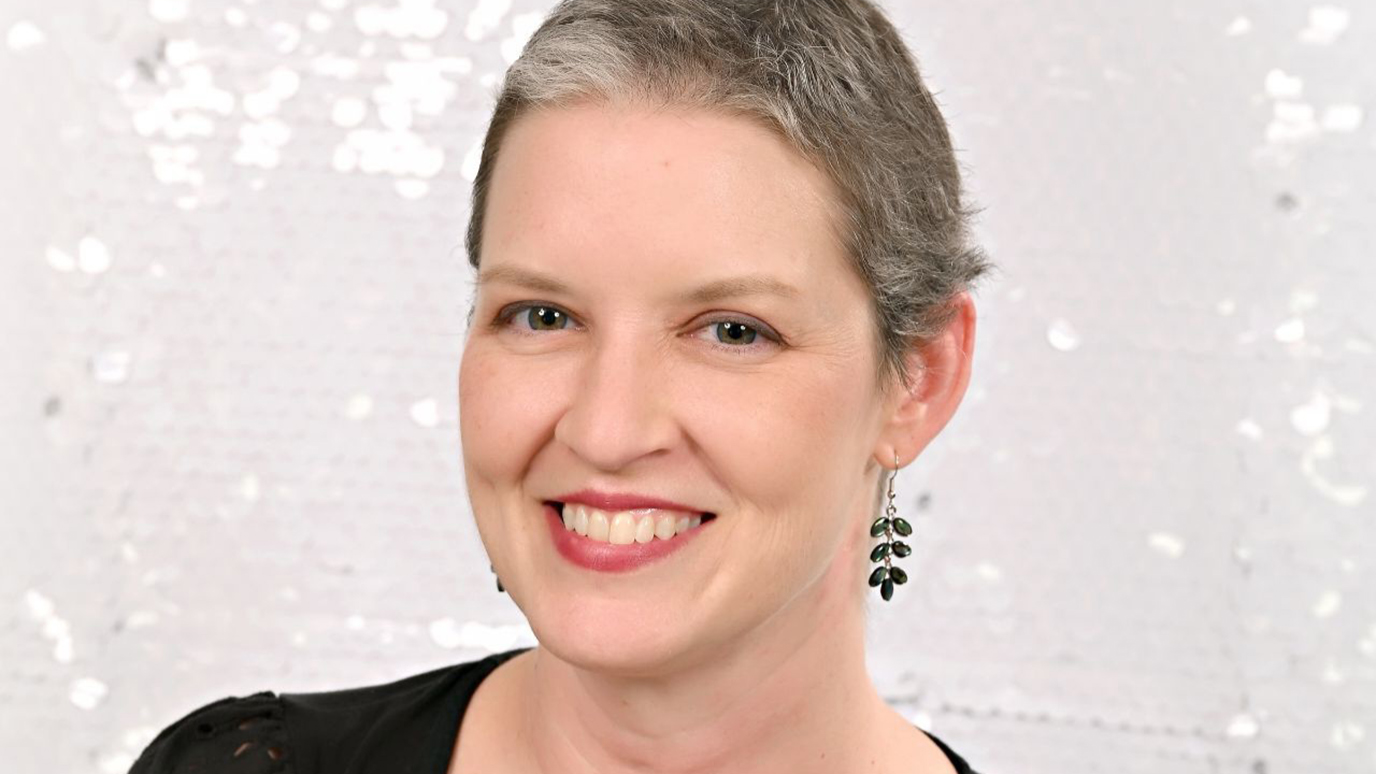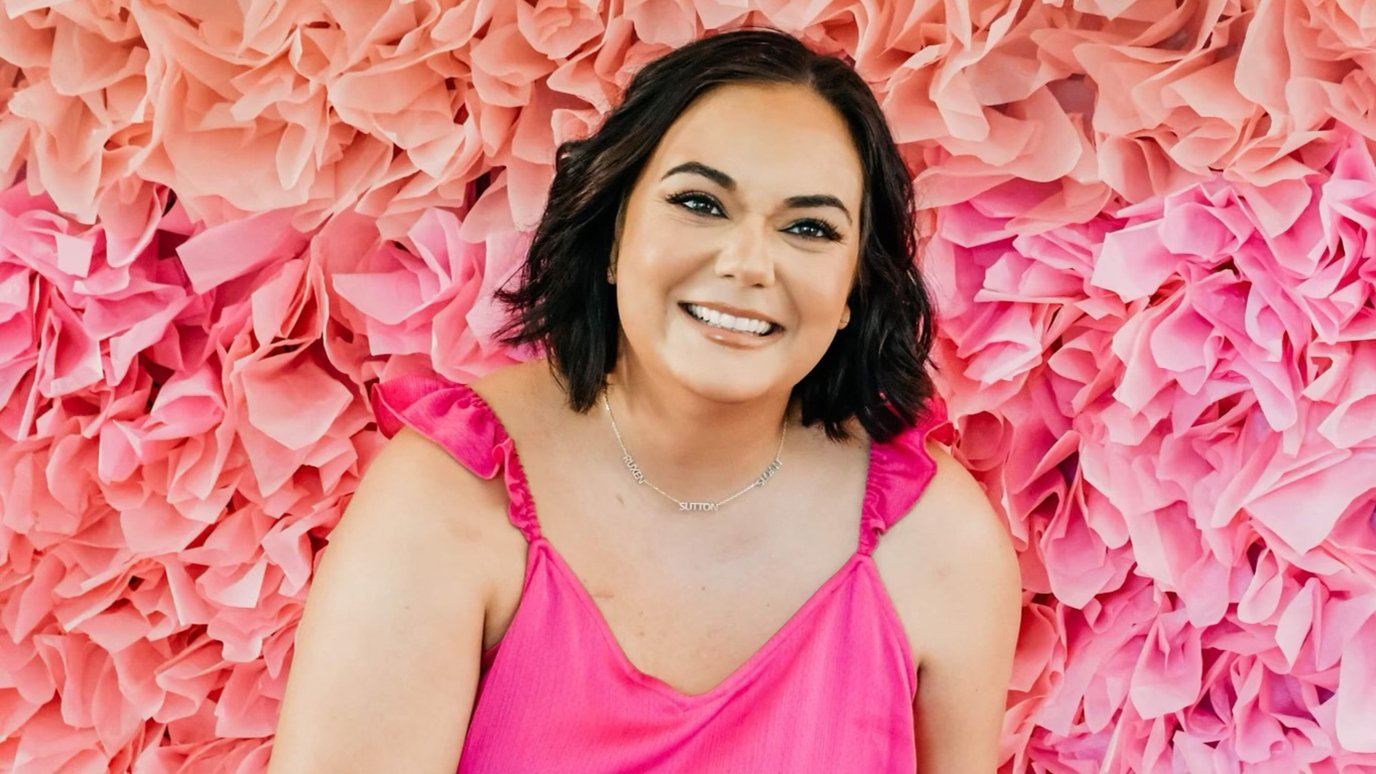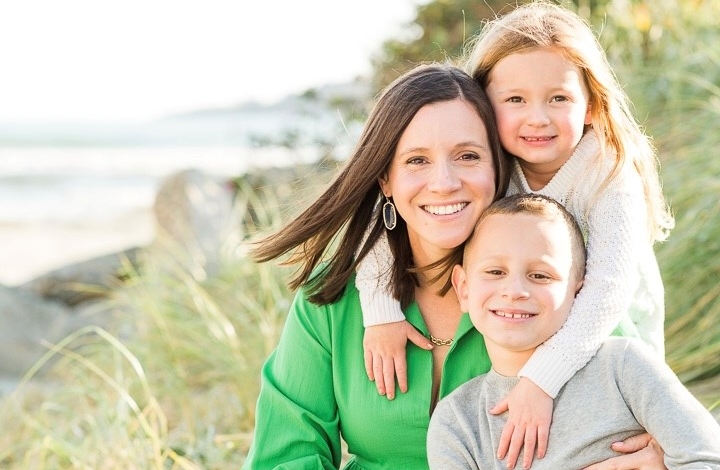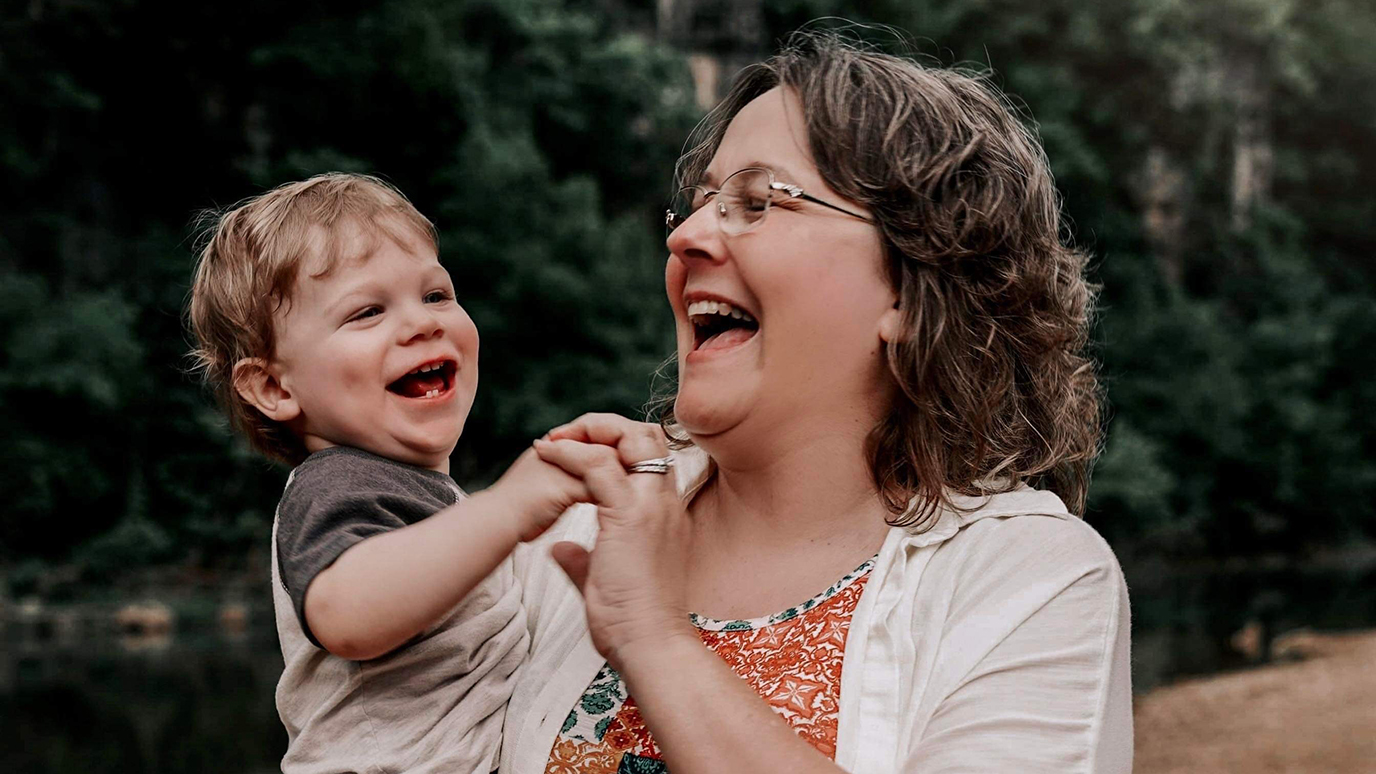- Diseases
- Acoustic Neuroma (14)
- Adrenal Gland Tumor (24)
- Anal Cancer (68)
- Anemia (2)
- Appendix Cancer (16)
- Bile Duct Cancer (26)
- Bladder Cancer (72)
- Brain Metastases (28)
- Brain Tumor (232)
- Breast Cancer (714)
- Breast Implant-Associated Anaplastic Large Cell Lymphoma (2)
- Cancer of Unknown Primary (4)
- Carcinoid Tumor (8)
- Cervical Cancer (158)
- Colon Cancer (166)
- Colorectal Cancer (116)
- Endocrine Tumor (4)
- Esophageal Cancer (44)
- Eye Cancer (36)
- Fallopian Tube Cancer (8)
- Germ Cell Tumor (4)
- Gestational Trophoblastic Disease (2)
- Head and Neck Cancer (12)
- Kidney Cancer (128)
- Leukemia (342)
- Liver Cancer (50)
- Lung Cancer (286)
- Lymphoma (278)
- Mesothelioma (14)
- Metastasis (30)
- Multiple Myeloma (100)
- Myelodysplastic Syndrome (60)
- Myeloproliferative Neoplasm (4)
- Neuroendocrine Tumors (16)
- Oral Cancer (100)
- Ovarian Cancer (172)
- Pancreatic Cancer (160)
- Parathyroid Disease (2)
- Penile Cancer (14)
- Pituitary Tumor (6)
- Prostate Cancer (146)
- Rectal Cancer (58)
- Renal Medullary Carcinoma (6)
- Salivary Gland Cancer (14)
- Sarcoma (238)
- Skin Cancer (296)
- Skull Base Tumors (56)
- Spinal Tumor (12)
- Stomach Cancer (64)
- Testicular Cancer (28)
- Throat Cancer (92)
- Thymoma (6)
- Thyroid Cancer (96)
- Tonsil Cancer (30)
- Uterine Cancer (80)
- Vaginal Cancer (16)
- Vulvar Cancer (20)
- Cancer Topic
- Adolescent and Young Adult Cancer Issues (20)
- Advance Care Planning (10)
- Biostatistics (2)
- Blood Donation (18)
- Bone Health (8)
- COVID-19 (362)
- Cancer Recurrence (120)
- Childhood Cancer Issues (120)
- Clinical Trials (630)
- Complementary Integrative Medicine (22)
- Cytogenetics (2)
- DNA Methylation (4)
- Diagnosis (232)
- Epigenetics (6)
- Fertility (62)
- Follow-up Guidelines (2)
- Health Disparities (14)
- Hereditary Cancer Syndromes (126)
- Immunology (18)
- Li-Fraumeni Syndrome (8)
- Mental Health (116)
- Molecular Diagnostics (8)
- Pain Management (62)
- Palliative Care (8)
- Pathology (10)
- Physical Therapy (18)
- Pregnancy (18)
- Prevention (914)
- Research (392)
- Second Opinion (74)
- Sexuality (16)
- Side Effects (604)
- Sleep Disorders (10)
- Stem Cell Transplantation Cellular Therapy (216)
- Support (402)
- Survivorship (320)
- Symptoms (182)
- Treatment (1786)
HER2 positive breast cancer survivor gains new perspective
BY Feyama Ashby
5 minute read | Published September 16, 2022
Medically Reviewed | Last reviewed by an MD Anderson Cancer Center medical professional on September 16, 2022
Over the last few years, I’ve learned a lot about what makes MD Anderson No. 1 in the nation for cancer care. As a quality and compliance coordinator in the diagnostic labs here, my job is to make sure all the labs in the hospital are inspected and running safely. Our laboratories provide the diagnostic backbone for patients at MD Anderson.
So, I know how important it is to be vigilant about regular cancer screenings.
My HER2 positive breast cancer diagnosis
When I noticed pain in my sternum that extended to my right breast, I thought I had pulled a muscle while working out. It was time for my annual mammogram, so I decided to have it checked then.
A week after my May 2021 mammogram, my doctor asked me to return for additional images. I also had two biopsies performed – one on a lymph node next to my sternum and the other in a mass on my right breast.
I found out on June 8 that I had HER2 positive breast cancer. As scared as I was, I’ll never forget one of my nurses telling me: “Don’t worry: 20 years ago, we didn’t know what to do with this, but now we do.”
I could not believe how fast MD Anderson moved to start my treatment. Within a week of my diagnosis, I had my first appointment. My care team decided that I needed six rounds of chemotherapy followed by a lumpectomy to remove the mass, and then six weeks of a type of radiation therapy called volumetric modulated arc therapy (VMAT) treatment.
Managing side effects of breast cancer treatment
I began chemotherapy on July 2. I started losing my hair pretty quickly after that. I remember shaving my head right away, which was a beautiful experience. I did not like the taste of bread, certain meats and fried foods during treatment. I also did not like the taste of water, so I didn’t drink very often.
Watermelon and lemons became two things I loved most throughout treatment. Lemons helped with nausea, and watermelon kept me hydrated.
I had bone pain from the pegfilgrastim injections I received after each round of chemotherapy. This drug helps the bone marrow produce white blood cells to fight infections. The pain made walking difficult for a few days after each treatment. As my treatments progressed, I felt fatigued and was often out of breath when I walked at work. On those days, I would work from home. My team gave me extra support.
My compassionate care team
I underwent a port placement surgery under the care of Ervin Brown, M.D. He always greeted me with smiles and great jokes. One of Dr. Brown’s special qualities is his ability to make patients feel like family. I learned Dr. Brown loves to sing during his surgical procedures. Since I wear hearing aids, I could not hear during the procedure, so Dr. Brown emailed me the songs he sang.
When I was admitted into the hospital, the first thing I noticed was the care and compassion of breast medical oncologist Carlos Barcenas, M.D. He is a great listener and truly heard what I was saying and not saying. He made sure that my caregiver understood what to do, which put us both at ease.
I was nervous about the lumpectomy to remove the tumor in my breast and lymph nodes. But at my pre-op appointment on Nov. 15, breast surgeon Nina Tamirisa, M.D., came in ready to listen. She settled all of my fears. She explained the procedure in a language I could understand. Plastic surgeon Alexander Mericli, M.D., performed my breast reconstruction. He was outstanding. Dr. Mericli made sure I was comfortable with the modifications and included the changes I wanted to see. Nearly a year later, I have minimal scarring and feel happy with the results.
VMAT helped minimize radiation’s impact on my skin pigment
This past January, after completing chemotherapy and surgery, I started six weeks of VMAT radiation treatment under the care of radiation oncologist Benjamin Smith, M.D. He chose VMAT treatment because I have darker skin pigmentation, and this type of radiation causes fewer effects on the skin.
Radiated skin becomes darker with each session and can sometimes become permanent. But with VMAT, the skin is more likely to return to its normal skin tone.
Dr. Smith was always interested in knowing how I felt and took the time to answer all my questions.
Finding ways to ease cancer challenges
I didn’t choose to have cancer or to need breast reconstruction surgery. But the experience changed me in so many ways.
I was doing a great job processing all I was going through, but acceptance was another story. I sought help from MD Anderson clinical psychologist Sujin Ann-Yi, Ph.D., who helped me accept my condition. She let me know it was OK to be angry, but she would not let me sit in that space for long. Dr. Ann-Yi was especially helpful after my breast surgery. She helped me accept my new breast configurations and find ways to be comfortable with my new identity.
No one expects to get a cancer diagnosis, but when it happens, you need caring and support from those around you. As an employee, I saw my colleagues living MD Anderson’s core values of Caring and Integrity. My coworkers assisted me when times were hard, and because of that, I did not miss too many days of work.
I completed treatment on June 24, 2022. I will continue to be monitored closely for the next five years and then transition to surveillance care at the MD Anderson breast cancer survivorship clinic. I’m focused on staying positive in hopes that I remain cancer-free.
What you’re feeling is OK
After facing cancer, I now encourage other patients to remain open to change. From hair loss to weight loss to personal relationships being affected, keep an open mind. Keep your heart open. Feel what you are feeling – it is OK. Remembering to stay positive and present in the moment got me through cancer.
Talk to others going through the same thing. Let people in, because cancer can feel isolating. Place trust in your medical team to do their very best in your care.
Request an appointment at MD Anderson online or by calling 1-833-670-2647.
Related Cancerwise Stories

Feel what you are feeling because it’s OK.
Feyama Ashby
Survivor & Employee





